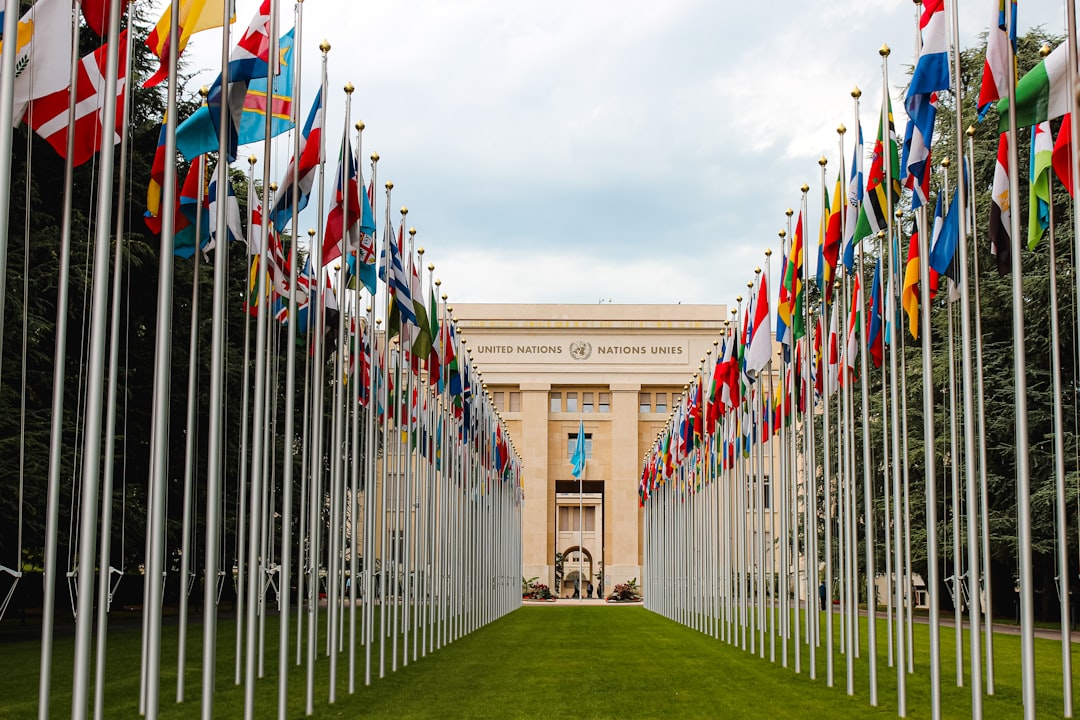What is it about?
This article presents a case study of the 2019 Lebanese October Uprising, which was a mass mobilisation against Lebanon's sectarian elites. The study explores why it was difficult for organisers in the uprising to promote inclusivity across sect, class and geography. It is based on interviews twenty-two organizers from Beirut and focuses on inclusivity issues concerning residents from two Shiʿite majority communities in and around the Lebanese capital. These communities were subject to stereotyping and exclusive attitudes among some groups of protesters, and most organizers had a desire to address these issues. However, they also found themselves caught in a dilemma, fearing that their efforts to promote inclusivity could trigger accusations of sectarian biases and favoritism.
Featured Image

Photo by Charbel Karam on Unsplash
Why is it important?
The study addresses an understudied and delicate issue in the October Uprising. Moreover, it contributes to a wider discussion about the limitations of protest movements in divided societies. Several interviewees in the study believed long-term grassroots initiatives, which focus on local livelihood issues, could provide opportunities for promoting solidarity with groups that were difficult to include in the larger protest movement. This suggests that the key to forging a broad opposition against Lebanon’s sectarian elites may lie in combining different types of mobilisations.
Perspectives
Writing this article was a great pleasure and a big challenge, as it concerns a sensitive topic. I wish to stress my gratitude to the interviewees, who shared their experiences and perspectives, from which I learned a lot. I hope the article will contribute with nuances to the debates about inclusivity in Lebanon's October Uprising and future mobilisations against the country's elites.
Anne Kirstine Rønn
Aarhus Universitet
Read the Original
This page is a summary of: Promoting Inclusivity in Anti-Sectarian Protests: Understanding the Dilemmas of Organizers in Lebanon’s 2019 October Uprising, Middle East Law and Governance, November 2022, Brill,
DOI: 10.1163/18763375-15020004.
You can read the full text:
Contributors
The following have contributed to this page










